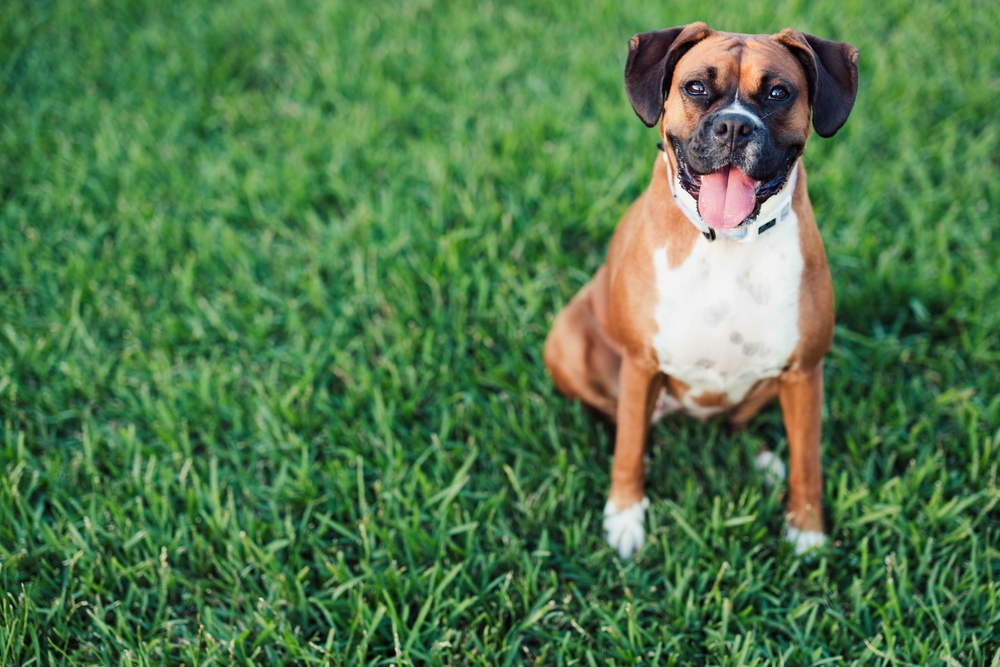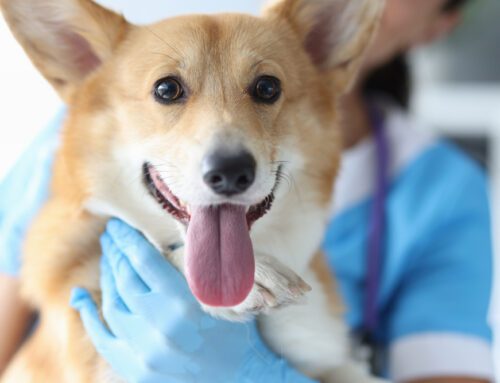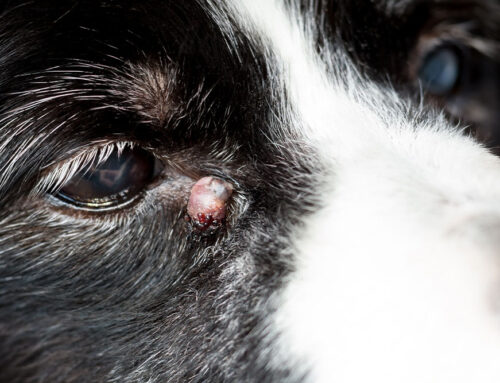Purebred pets captivate so many people’s hearts. If you prize a certain look and personality in a dog or cat and buy from a breeder, you can ensure your puppy or kitten will grow up with the qualities they share with other breed members. Unfortunately, not all these traits are positive.
Pedigreed pets’ gene pools are much smaller than those of random-bred dogs and cats, and purebred pets are more likely to suffer from breed-specific health problems. Animals who have certain traits for breeding are mated, but these desirable characteristics can have negative as well as positive effects on their offspring. Sometimes, faulty genes linked to desirable traits can create problems.
When the gene pool is limited, breeders may resort to line breeding—pairing animals who have a common ancestor. Close inbreeding involving first- and second-degree relatives may also occur. The more closely related the parents are to one another, the more likely that each might pass on a faulty gene that causes their offspring problems. Our Village Animal Hospital team wants you to know about conditions that might affect your purebred pet. We explain the information you should consider about your pet’s breed-related health problems and encourage you to keep an eye out for early issues so our team can treat your pet’s condition before it becomes severe.
Conformational issues that affect certain dog and cat breeds
A dog’s size may increase certain health issues’ probability. Large breeds, such as German shepherd dogs, rottweilers, Great Pyrenees, and Labrador retrievers are prone to hip dysplasia—abnormal hip joint development. Other big dogs, such as Doberman pinschers, Great Danes, and boxers, may develop dilated cardiomyopathy, which enlarges and weakens the heart. Small and toy breeds, such as Chihuahuas, Pomeranians, and Yorkshire terriers, are susceptible to patellar luxation—kneecap dislocation.
Head or body shape can lead to various conditions in cats and dogs alike. Brachycephalic syndrome can cause breathing difficulties in short-nosed, flat-faced cats such as Persians, exotic shorthairs, Scottish folds, Himalayans, chinchilla cats, and British shorthairs. Dogs with a similar facial structure, such as bulldogs, pugs, boxers, shih tzus, Boston terriers, and Pekingese, may also suffer from respiratory distress. Dogs, such as Labrador retrievers, French bulldogs, and beagles, are prone to obesity, as are cats such as ragamuffins, Manx, and British shorthairs. Dogs with long backs, such as dachshunds, corgis, and basset hounds, are susceptible to intervertebral disc disease (IVDD)—a painful spinal disc degeneration.
Popular dog breeds and conditions they may inherit
Some pedigree dog breeds become popular because people believe their physical characteristics are attractive. Others gain favor because they can perform a helpful job. For example, terriers are known for being able to ferret out small game for hunters. Consider these dog breeds who are genetically predisposed to health conditions:
- Golden retrievers — These dogs may frequently lick, scratch, and chew to relieve constant itching because of skin allergies. These behaviors further irritate the skin, causing red, oozing sores known as hot spots. Like their Labrador cousins, goldens are also prone to hip dysplasia.
- Beagles — Epilepsy, a brain disorder that causes seizures, seems to develop more often in beagles than in other dog breeds. Epileptic dogs usually have their first seizure between the ages of 6 months and 3 years. No cure exists for epilepsy, but you can manage this condition with antiseizure medication.
- Boxers — Boxers have a high risk of developing cancer such as lymphoma and mast cell tumors. The cancer usually emerges as an unusual lump or bump on the dog’s body. The condition may be treatable, so regularly checking your boxer for lumps is important to facilitate an early diagnosis.
- Poodles — These dogs are at risk for glaucoma, a serious eye disease in which ocular fluid builds up in the eye, leading to pressure, pain, and eventual blindness. In its early stages, glaucoma can be treated with medications. Eventually, however, surgery may be necessary.
Popular cat breeds and conditions they may inherit

Some pedigree cat breeds become popular because people believe their physical characteristics are attractive. Consider these cat breeds who are genetically predisposed to health conditions:
- Persians — Along with the airway abnormality their flat faces cause, Persians are often born with polycystic kidney disease (PKD), a condition in which cysts grow on the kidney and destroy the organ over time. They are also predisposed to dental disease, overgrown nails, and eye discharge.
- Bengals — Smart and playful, with a stunning wildcat appearance, Bengals often inherit eye problems, such as cataracts and progressive retinal atrophy (PRA). This cat breed is also prone to hypertrophic cardiomyopathy (HCM), a thickening of the heart that leads to other cardiac issues.
- Siamese — These vocal cats with blue eyes and color points are prone to cancers such as lymphoma in the chest cavity and intestinal tumors. Siamese cats are also prone to asthma, hip dysplasia, arthritis, and pica, a desire to snack on nonfood items such as wool.
- Scottish folds — These cats have cute, folded-forward ears that endear this breed to many admirers. However, this characteristic is a result of having an inadequate amount of cartilage, not only in their ears but throughout their bodies, which causes the painful degenerative disease osteochondrodysplasia, which can cause fused joints that result in overly short, misshapen, inflexible limbs.
No matter your pet’s breed or breed blend, an annual wellness checkup is vital to preventing disease or catching illness conditions as early as possible. Schedule your pet’s preventive care appointment with our Village Animal Hospital team.








Leave A Comment